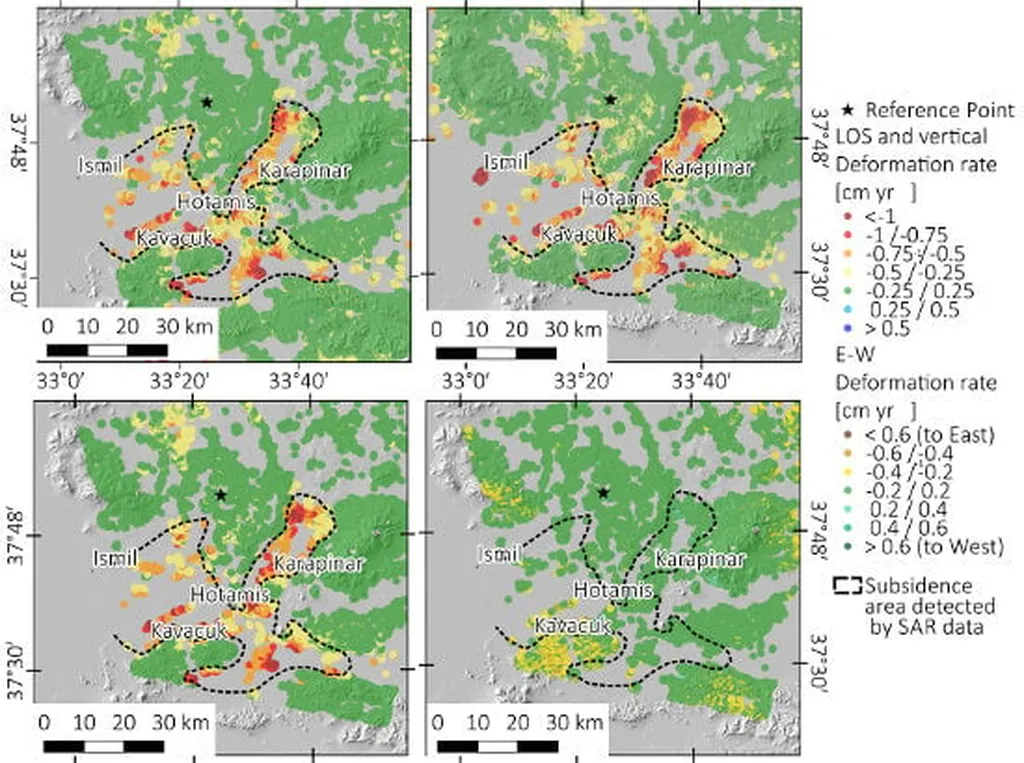In the quest for sustainable agriculture, water management stands as a critical challenge, particularly for water-intensive crops like potatoes. A groundbreaking study published in the open-access journal ‘PLoS ONE’ (known in English as “Journal of Open Science”) offers a promising solution by combining cutting-edge deep learning techniques with bio-inspired optimization algorithms. The research, led by Amal H Alharbi, introduces a novel hybrid framework that could revolutionize smart irrigation systems, with significant implications for the agricultural sector.
The study focuses on enhancing predictive water quality assessment, a crucial factor in ensuring optimal crop growth. By integrating Dipper Throated Optimization (DTO), an algorithm modeled on bird foraging behavior, with Polar Rose Search (PRS), the researchers have developed a robust metaheuristic framework. This framework is designed to improve deep learning models, specifically a Radial Basis Function Network (RBFN), by optimizing feature selection and balancing exploration and exploitation in complex datasets.
“Our hybrid approach effectively tackles the challenges posed by high-dimensional data, providing accurate and interpretable predictions,” said Alharbi. The optimized model achieved an impressive classification accuracy of 99.46%, significantly outperforming classical machine learning and unoptimized deep learning models. This level of precision is a game-changer for smart irrigation decision-making, particularly in water-limited agricultural environments.
The implications of this research extend beyond the agricultural sector. As water scarcity becomes an increasingly pressing global issue, the ability to predict and manage water quality efficiently is crucial. The hybrid framework developed by Alharbi and her team offers a scalable and computationally efficient solution that can be adapted to various applications, including energy sector water management.
The study’s validation through extensive experiments, including ANOVA and Wilcoxon tests, underscores the robustness of the proposed approach. By demonstrating significant performance improvements, the research paves the way for more sustainable crop production and resource conservation.
As the world grapples with the challenges of climate change and resource depletion, innovative solutions like this hybrid deep learning optimization framework are more important than ever. The research not only advances the field of smart agriculture but also sets a precedent for integrating bio-inspired algorithms with deep learning models to address complex real-world problems.
In the words of Alharbi, “This framework represents a significant step forward in our ability to manage water resources intelligently and sustainably.” As the agricultural and energy sectors continue to evolve, the insights gained from this study will undoubtedly shape future developments, driving towards a more efficient and sustainable future.

